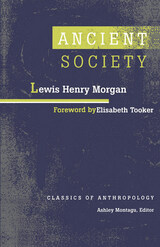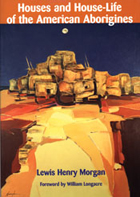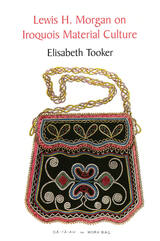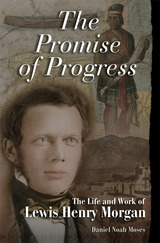

A classic, available again.
Lewis Henry Morgan (1818–1881) was trained as a lawyer, but in the second part of his life he focused his attention on the emerging science of ethnography.
Covering areas of North and Central America, Morgan’s last book, Houses and House-Life of the American Aborigines was the first to regard a set of problems that is still currently debated: what does domestic architecture show anthropologists and archaeologists about social organization, and how does social organization combine with a system of production technology and ecological adjustment to influence domestic and public architecture? As William Longacre makes clear in the new introduction, the development of anthropological archaeology was profoundly affected by this book, and its impact continues to resonate.
Demonstrating a lack of ethnocentrism rare for his day, Morgan gathered most of his own data from the field and from a gigantic correspondence. The result is a lively, readable work that is still fascinating and instructive today.


READERS
Browse our collection.
PUBLISHERS
See BiblioVault's publisher services.
STUDENT SERVICES
Files for college accessibility offices.
UChicago Accessibility Resources
home | accessibility | search | about | contact us
BiblioVault ® 2001 - 2024
The University of Chicago Press









